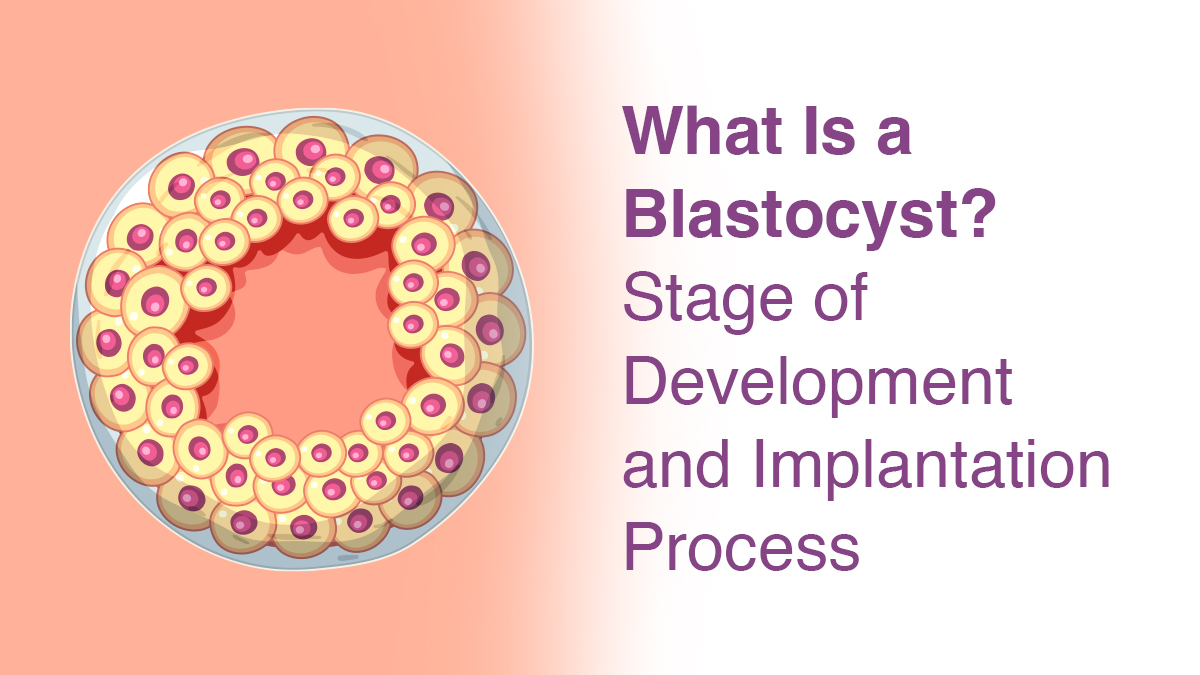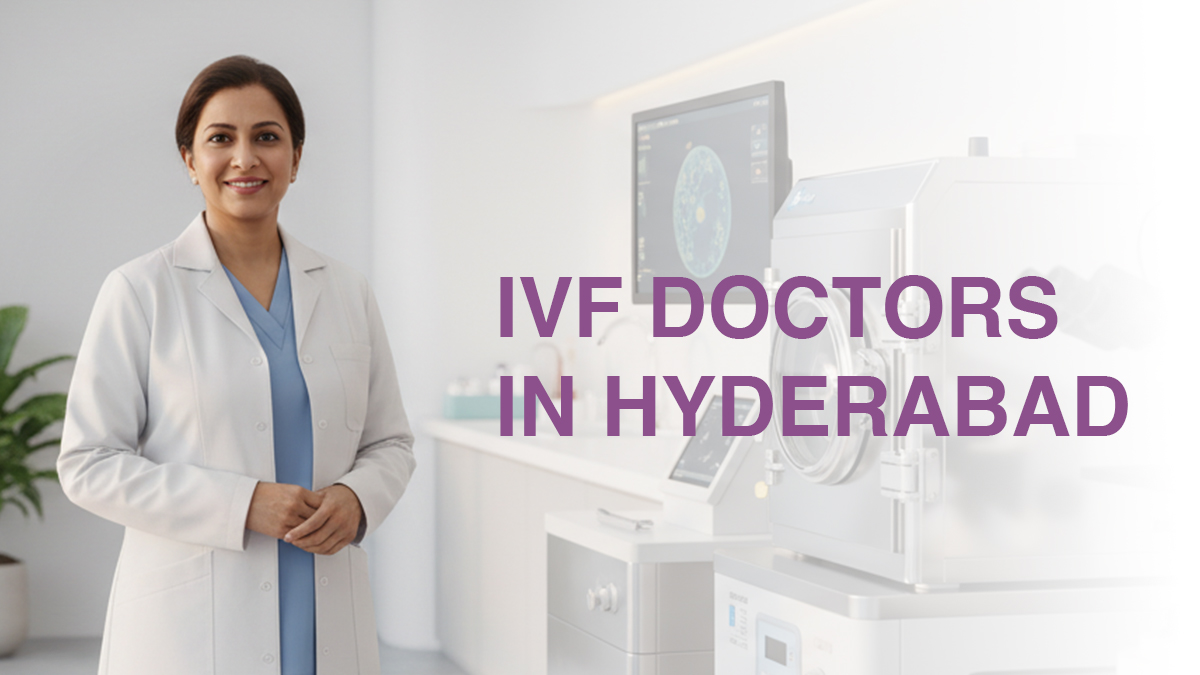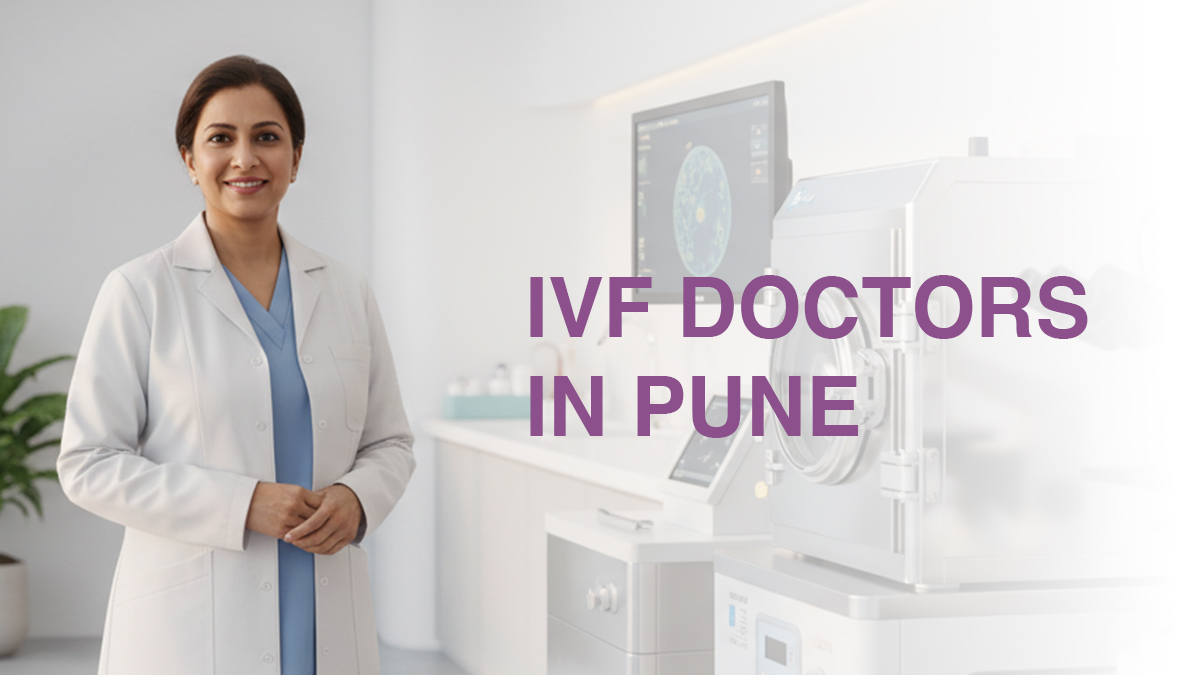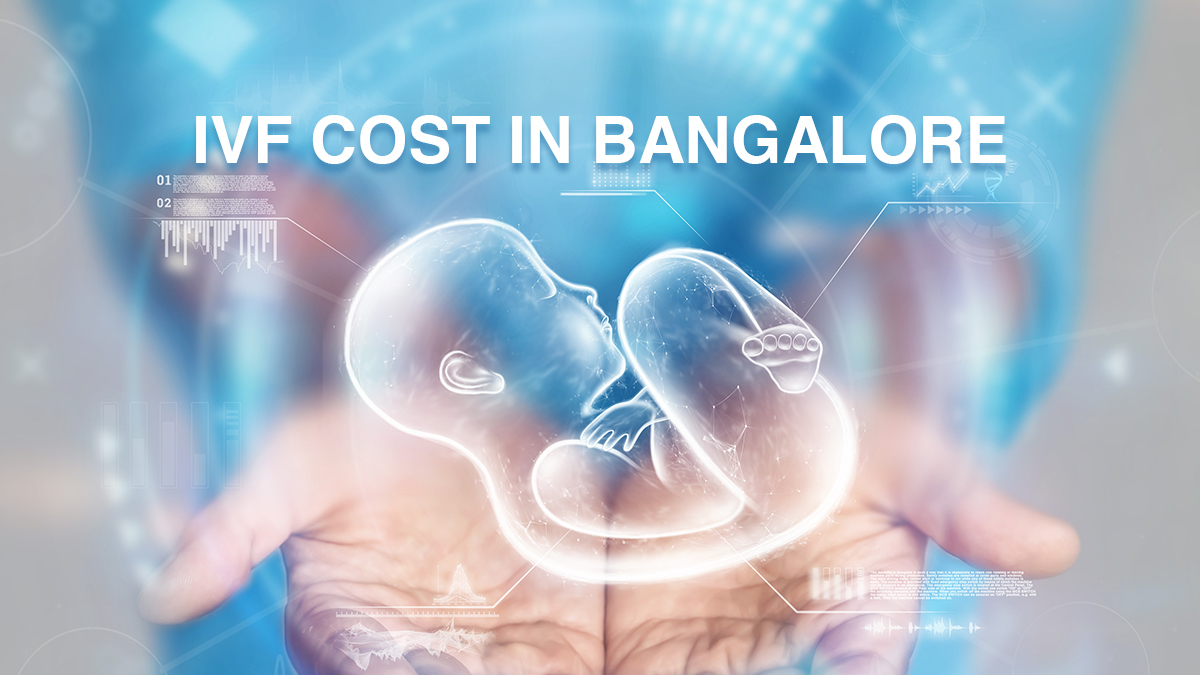
Everything you wanted to know about IVF shots – Oasis Fertility
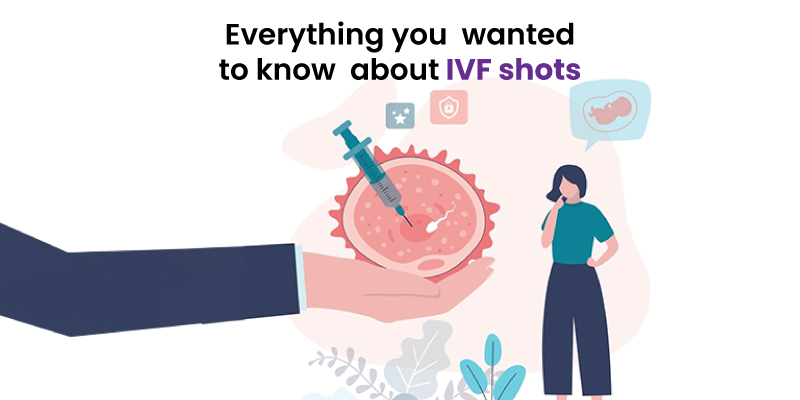
Parenthood is an extraordinary experience but for some couples, it can be a difficult journey and may need IVF to achieve their parenthood dream. IVF is one of the advanced fertility treatments that helps fertility-challenged couples overcome infertility and attain parenthood. However, not many are aware of the IVF process or the injections used in the IVF treatment. Many are afraid of IVF injections and avoid IVF due to fear and misconceptions. But it is important for women who opt for IVF to know in detail about the types of IVF shots and the entire treatment journey before they take up IVF.
In IVF, egg and sperms are allowed to fertilize outside the woman’s body. The embryo formed after fertilization is placed in the woman’s uterus for further growth and development.
What are IVF shots?
IVF shots are basically hormones that are given for different purposes during an IVF treatment. Hormones like FSH (Follicle Stimulating Hormone), Luteinizing Hormone (LH), Human Chorionic Gonadotropin (HCG), Gonadotropin Releasing Hormone (GnRH), etc. are given.
Where are IVF injections given on the body?
The IVF shot location can be subcutaneous or intramuscular. Subcutaneous IVF injections are given in the abdomen stomach or thigh while intramuscular injections are directly delivered to the muscle.
Importance of IVF injections
IVF injections are given for the following reasons:
- To stimulate women’s ovaries to produce many eggs
- To prevent the release of egg
- To stimulate oocyte maturity
- To prepare the uterus for embryo transfer
Related Read – Role of a Balanced Diet in Enhancing Embryo Implantation Success
How are the IVF Injections Scheduled?
Are you wondering how many injections are given for IVF treatment? The number of IVF injections varies from patient to patient as one size doesn’t fit all. Depending on the patient’s response, health condition, and other factors, the number and dosage of IVF shots vary. Usually, IVF shots are given for a period of 10 days.
Here is the general schedule followed:
Step 1 – Your doctor will decide the right day for you to begin the IVF treatment cycle.
Step 2 – This may last anywhere between one to two weeks. In this period, your ovaries begin to get stimulated. In your natural menstrual cycle, your ovaries produce one egg. During the IVF process, fertility injections are given to stimulate your ovaries to produce more eggs.
The number of fertility injections can vary from 1-2 for the complete cycle to even 1-2 per day. The IVF specialists will continuously monitor your progress to ensure the right schedule is followed for your IVF treatment.
Which IVF shots are taken for pregnancy?
Human Menopausal Gonadotropins (HMG)
It stimulates the ovaries to produce eggs.
GnRH agonist
In normal ovulation, there is a surge in the luteinising hormone (LH) when the developing follicles produce a certain amount of oestradiol. In the IVF process, the surge may happen to early. GnRH (gonadotropin hormone-releasing hormone) agonist is given to prevent the premature surge in LH due to the higher number of eggs.
GnRH antagonist
This also helps prevent premature ovulation (before the eggs are mature).
Highly purified HCG
HCG (human chorionic gonadotropin) is given to release eggs in in the final stage of follicle maturation.
Recombinant HCG (ovitrelle)
It helps trigger the final follicular maturation and luteinisation, which is needed for women going through IVF treatment.
Highly purified FSH
Since several eggs are produced in IVF treatment, a highly purified FSH (follicle-stimulating hormone) injection is given to stimulate the secretion of oestrogen, which supports superovulation.
Recombinant FSH
This also helps trigger ovulation.
Recombinant LH
This also an ovarian stimulation injection that increases the outcome of the IVF process.
What to expect from IVF injections shots for pregnancy?
IVF can be a roller coaster ride with anxiety, excitement, and disappointment. One needs to be mentally prepared and have a calm attitude while undergoing IVF. IVF injections can have an impact on one’s weight and appetite also. Some women may develop constipation due to hormonal injections. Also, some may develop OHSS (Ovarian Hyperstimulation Syndrome) which is an extreme reaction to hormone injections that results in swelling of the ovaries.
Side effects of IVF
Side effects of IVF may vary from person to person. Some of the common side effects are:
- Mood swings
- Headaches
- Nausea
- Abdominal pain
- Hot flashes
- Skin redness
If the above symptoms persist for a longer time, it is important to seek medical assistance.
Can you do IVF without injections?
The mention of IVF itself creates panic among women due to the fear of injection and the emotional, physical, and psychological trauma associated with it. The use of too many injections can be harmful to women with PCOS, cancer, and other health conditions. CAPA IVM (Capacitation Invitro Maturation) an advanced fertility treatment procedure is a safer alternative for women with oocyte maturation problems, thrombophilia, PCOS, cancer, and resistant ovary syndrome. Only 2 to 3 injections are used in CAPA IVM because instead of mature eggs, immature eggs are collected from the women. These immature eggs undergo a 2-step maturation process in the lab after which the process of fertilization is carried out in the lab. This process is almost drug-free and a much safer treatment experience for women who are afraid of injections and prefer to have a cost-effective and less invasive procedure. There is no risk of OHSS in the case of CAPA IVM.
IVF treatment is more than just IVF shots
IVF treatment includes much more than just fertility injections. Here’s a snapshot of what else it includes:
- Blood tests and ultrasounds to ensure your ovaries are in good condition and determine how the follicles are developing
- Helping overcome any side-effects
- Egg retrieval
- Determining sperm quality and selecting the ideal one for each egg
- Preparing sperm for introducing to the egg
- Nurturing the eggs in the ideal environment before introducing the sperm
- Insemination procedure for optimum fertilisation
- Embryo development
- Embryo transfer to the uterus
- Monitoring the development of the embryo in the uterus
- And, finally, answering all your questions throughout the IVF treatment
Is egg retrieval painful?
Pain is a subjective experience and it could differ from person to person. Eggs are retrieved under the influence of anesthesia resulting in very minimal discomfort. Some women may develop cramps similar to the ones they experience during menses. If you develop any other complications, contact the fertility specialist immediately.
How do IVF injections work?
Step 1: Fertility Evaluation
You will have a consultation with the fertility specialist that would include a fertility evaluation of both you and your partner. It could be blood tests, ultrasound scans, semen analysis, etc.
Step 2: Personalized treatment
During the Follow-up consultation, the fertility specialist will devise an exclusive treatment protocol for you based on your health condition, age, lifestyle, etc., and explain the entire treatment process.
Step 3: Ovarian Stimulation
You will receive IVF injections on day 2 of periods to stimulate the ovaries for egg production.
Step 4: Monitoring
To check whether you are on track in your IVF journey, regular ultrasound scans and blood tests will be done. This will help in determining the right time to collect the eggs.
Step 5: Trigger shot
You will receive an injection to trigger the maturity of eggs.
Step 6: Egg Retrieval
You will be given anesthesia and eggs will be collected using ultrasound guidance.
Step 7: In Vitro Fertilization
The eggs are allowed to fuse with the sperms from the male partner resulting in the formation of the embryo.
Step 8: Embryo Transfer
The best quality embryo is transferred to the woman’s uterus.
Step 9: Pregnancy Test
You need to do a pregnancy test 2 weeks after embryo transfer.
Some important IVF FAQs
-
Is IVF treatment the same for all?
No. IVF treatment, medications, and dosage will vary from person to person based on age, health, lifestyle, etc.
-
Is it possible to select gender in IVF?
Gender selection is illegal in India and is prohibited.
-
What is frozen embryo transfer?
In an IVF treatment, if the embryos are frozen and transferred into the woman’s uterus at a later date, it is said to be a frozen embryo transfer.
-
What is single embryo transfer in IVF?
In IVF, by the use of advanced technology, only one embryo is chosen and transferred to the woman’s uterus instead of transferring multiple embryos. Single embryo transfer reduces the risk of miscarriage and other complications.
-
Can I travel while taking IVF shots?
While it’s okay to travel after taking IVF shots, it’s best to postpone your travel plans to after the fertility treatment.
-
Is there an alternative to IVF shots?
Yes, there is. IUI (intrauterine insemination) is less invasive than IVF.
Related Must Reads: What is Frozen Embryo Transfer? | Single Embryo VS Multiple Embryo Transfer


fill up the form to get a
Free Consultation
Avail 0% interest on EMI
All Procedures | No Upper Limit
How we reviewed this article:
- Current Version
- March 7, 2025 by Oasis Fertility
- January 23, 2025 by Oasis Fertility
- August 28, 2024 by Oasis Fertility
- December 12, 2023 by Oasis Fertility
- December 11, 2023 by Oasis Fertility
- December 1, 2023 by Oasis Fertility
- November 27, 2023 by Oasis Fertility
- November 24, 2023 by Oasis Fertility

